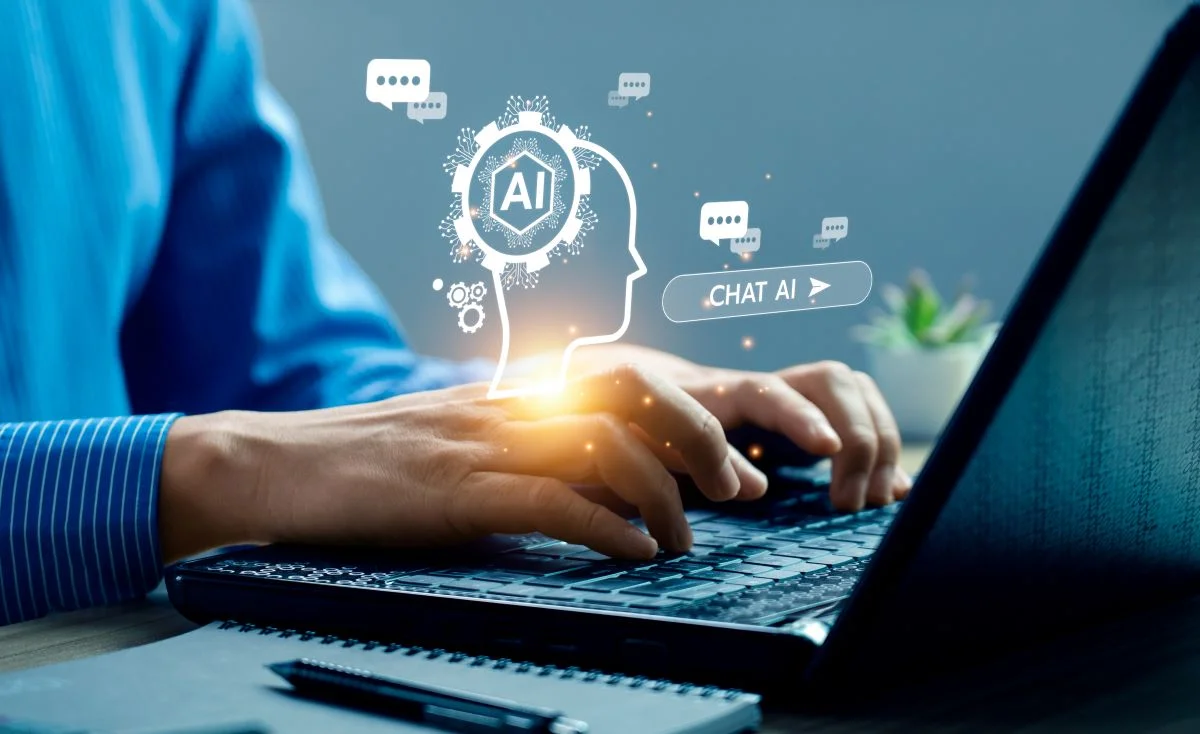“Learn by doing” is one of the most common mantras repeated in universities and business learning programs… but why? Centuries (yes, you read that correctly) of experience have shown that experience-based learning is far more effective than traditional classroom/textbook approaches. In modern business, it is used to build employee confidence in their skills, practice critical (sometimes cognitive) tasks, and drive adoption of consistent ways of working. The benefits of this model are a stark contrast to traditional learning methods which struggle with knowledge retention and application of concepts in the workplace.
What is “Experience Based Learning”?
The concept of Experience based learning isn’t new and first references can be traced back to Aristotle in 350BC when he wrote in the Nichomachean Ethics “for the things we have to learn before we can do them, we learn by doing them”. Experience based learning as a formal education approach is largely based on David Kolb’s Experiential Learning Model developed in the early 1980s and widely adopted across corporate learning programs for the past 25+ years.
Experience based learning models are built on 4 elements:
1. Concrete experiences
2. Observation and reflection on the experience
3. Formulating abstract concepts based on the reflection
4. Experimenting and testing out new concepts
These elements are connected into a cycle, but the process can start at any element. Typically, the cycle begins with an experience that the learner has, followed by an opportunity to reflect on that experience, making observations about cause, effect and implications. The learner then draws conclusions about what they experienced and observed and develops ideas about future actions that could be taken. The learning cycle continues with experimentation with different behaviors and trying out some of the ideas that were developed, creating a new set of experiences that lead to the cycle starting all over again.
Experience Based Learning and Service Excellence
In the quest for service excellence, your company and your employees face a lot of unknown and ambiguous situations that require them to “think on their feet” and act decisively with often incomplete information. With the diversity of technology, data and processes that make up IT and Operations environments and the speed in which things change, it isn’t realistic to expect (even the most senior) staff to understand all the pieces and their interworking. Modern Service Excellence is all about working with the tools and information you have and making the best of the situation.
Experience-based learning is all about developing thinking skills. If the problems that your staff face in their day jobs were simple, repetitive and having clear answers, you’d just fix them and not have to deal with them anymore. But this isn’t the case – every incident, problem, change and improvement opportunity is unique and your staff needs the ability to effectively break them down and develop an appropriate response. Experience-based learning is focused on the troubleshooting analysis and decision-making process, more than producing a specific answer or outcome. Emphasis is placed on de-brief activities and exploring the cause and effect of different decisions – reinforcing the concept that in business/operations there is often no perfect solution or right answer and that everything has trade-offs.
We, KT, have had the privilege of working with many IT service organizations. One of those clients – the largest global provider of software – determined that sustaining exceptional troubleshooting behavior change requires more than just “learning.” They insist that front-line customer-facing team members, and their internal problem escalation team members learn AND “do.” Their commitment to world-class customer service inspired them to extend training to include “doing” which is now the favorite part of the learning experience based on classroom feedback.
Kepner-Tregoe has been the industry leader in problem-solving consulting and training for over 60 years, working with companies around the globe and across industries to solve some exciting (sometimes scary) problems and provide employees with the skills they need to confidently deliver results. KT’s experience-based learning methods integrating tools such as simulations and mentoring of in-tact teams have led to countless success stories for companies just like yours.



